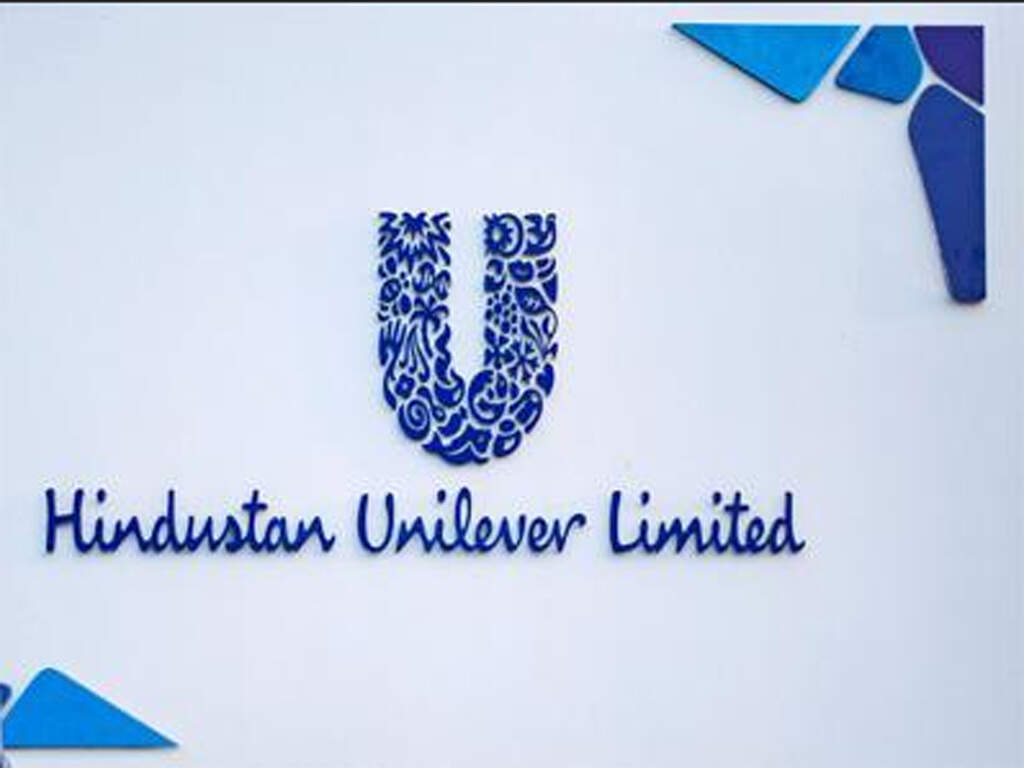 Hindustan Unilever said it has slashed time taken for sourcing materials, product innovation, manufacturing and distribution by over half after it used artificial intelligence, new technology and data analytics post covid last year.
Hindustan Unilever said it has slashed time taken for sourcing materials, product innovation, manufacturing and distribution by over half after it used artificial intelligence, new technology and data analytics post covid last year.For the country’s biggest consumer goods maker, this is part of an initiative – reimagining HUL – where it wants technology to drive all aspects of operations and avoid future disruptions. The maker of Rin detergent and Dove shampoo said it is taking initiatives across the digital ecosystem by focusing on consumer insights, always on-trend products, agile innovation and faster launch time.
“Internally we were using tech, but the environment was far more conducive to accepting a lot of these technologies and hence saw a step shift in terms of how we adopted or how we deployed these initiatives,” Arun Neelakantan, vice-president, digital transformation and growth – South Asia at Unilever. “And that means digitising various ecosystems, plus using new age technology to get better at what we do, not just the speed of innovation, but even the quality of innovations getting better with technology.”
And it has already started reflecting on sales – its internal ordering app Shikhar has 600,000 retailers, accounting for 10% of total orders compared to pre-pandemic when the app had less than 100,000 kirana members. In addition, the online channel contributed nearly 6% to its overall sales, doubling over the past one year.
HUL said leveraging data and tech capabilities started a few years ago but pandemic accelerated the shift in building capability in terms of handling big data, both in terms of trends as well as consumer insights and new innovations.
“We have AI engines that sit on top of all of these different pieces of information that are coming in, from the many Indias and abroad. And this allows us to see and predict where actual trends are moving, what are the big areas, what are the most exciting areas to get into, and consumer insights. We are also using neuroscience at a cellular, cognitive and systems level to understand what consumers aren’t able to verbalize, but what they really want,” said Vibhav Sanzgiri executive director, R&D at HUL.
The company’s connected operations ecosystem enabled local sourcing, faster demand fulfillment, mega factory with scale benefits along with nano factories for low throughput premium products especially for online channels. The company also said it has also invested both in rapid prototyping and testing capabilities, and are spending a significant amount of money in building the world’s first advanced manufacturing centre (AMC) – initially for soap, laundry and dishwash bars – in India.
“It will be a virtual physical or digital twin of every single manufacturing line in our factories. So we can basically just alter the parameters, and can predict this is how it will run on any line anywhere. This will help us predict any issues and reduce our scale-up time significantly,” added Sanzgiri.



